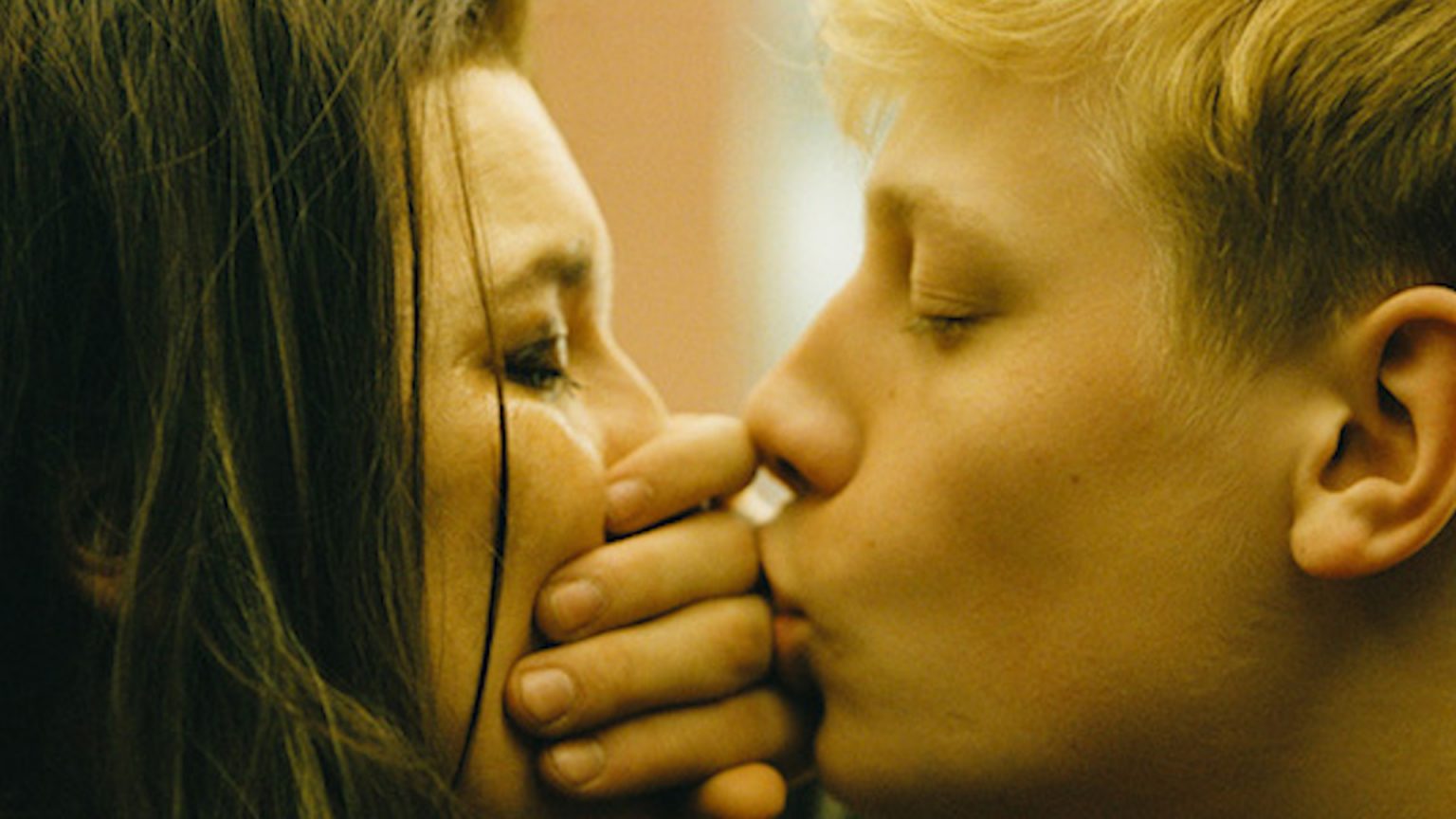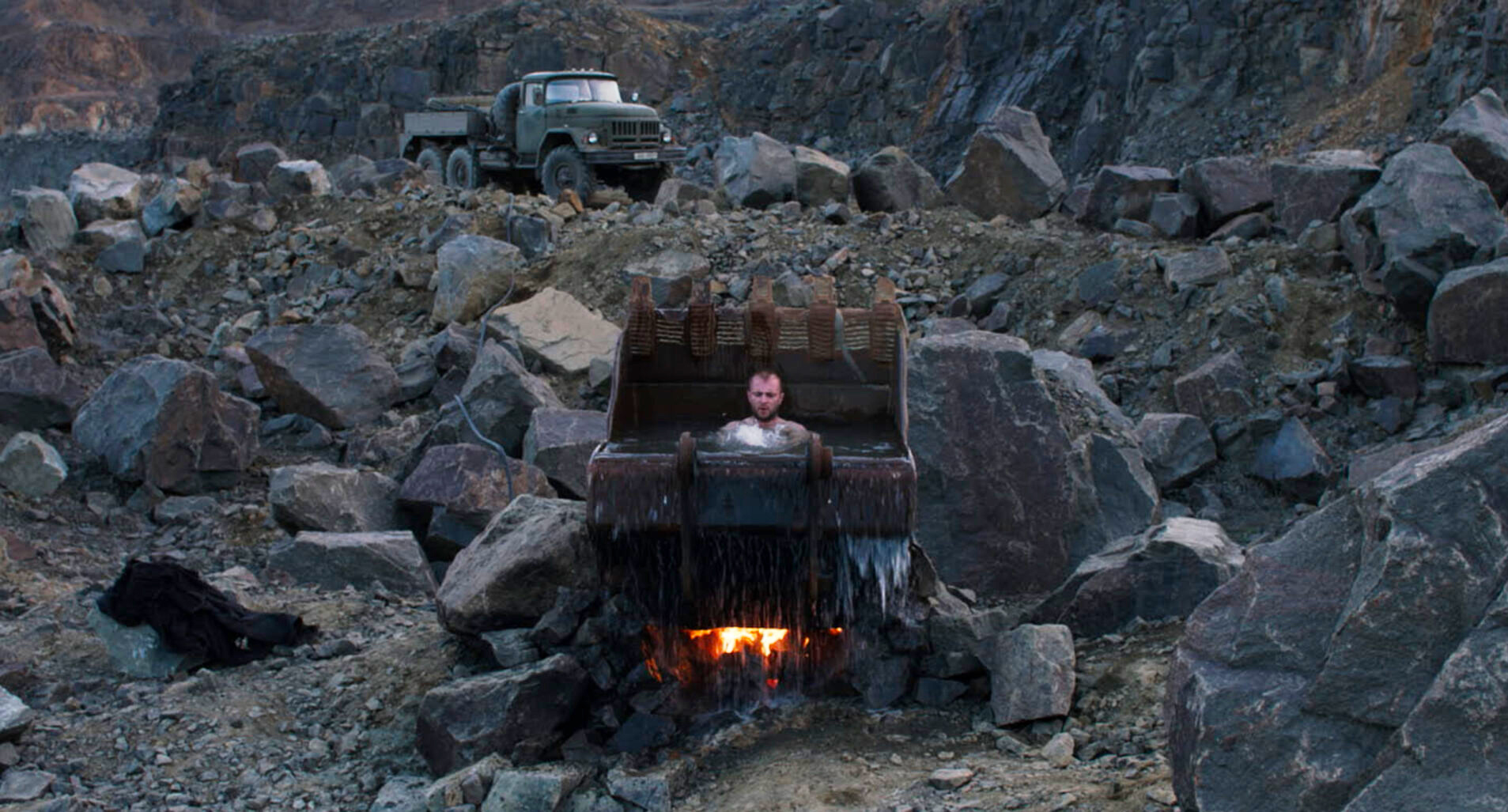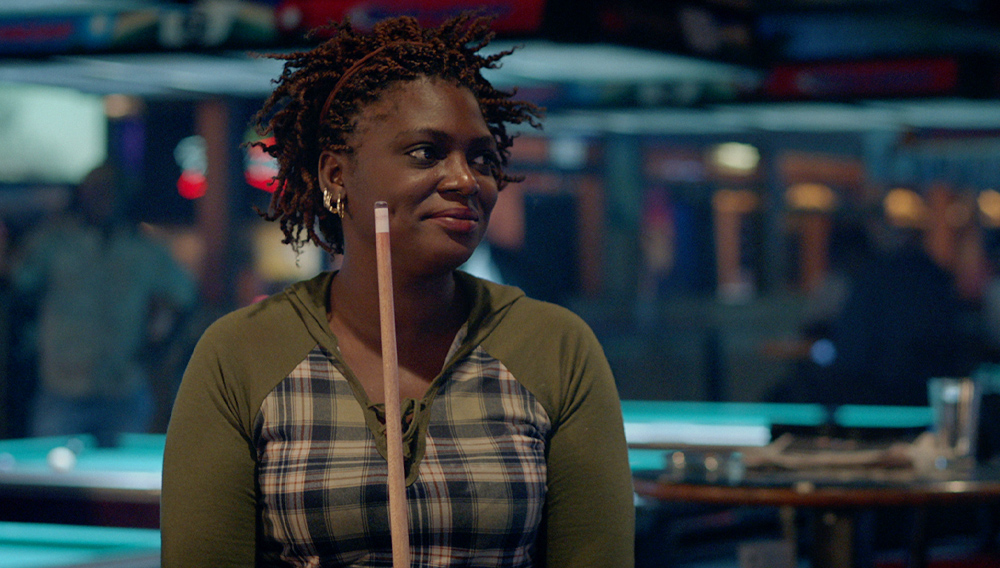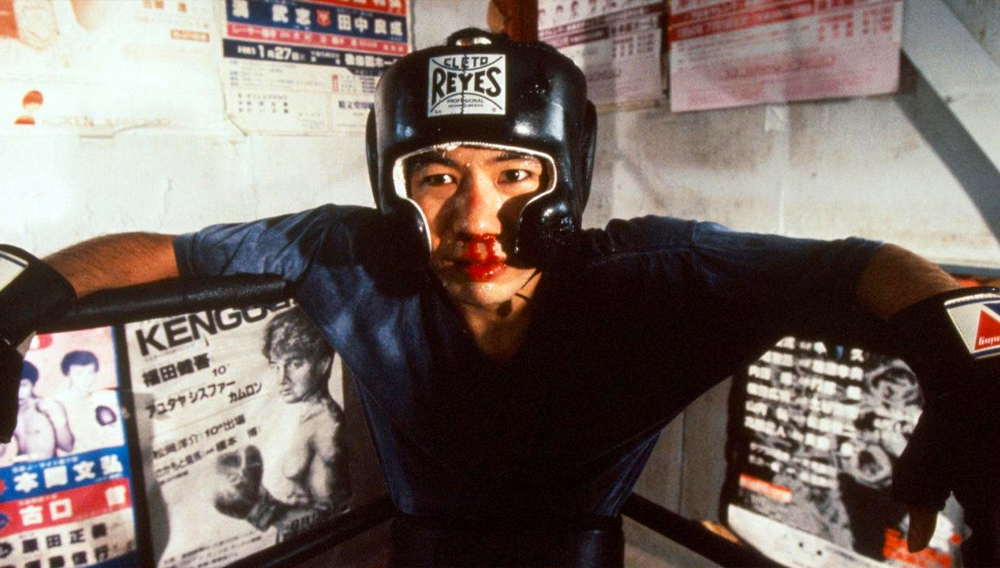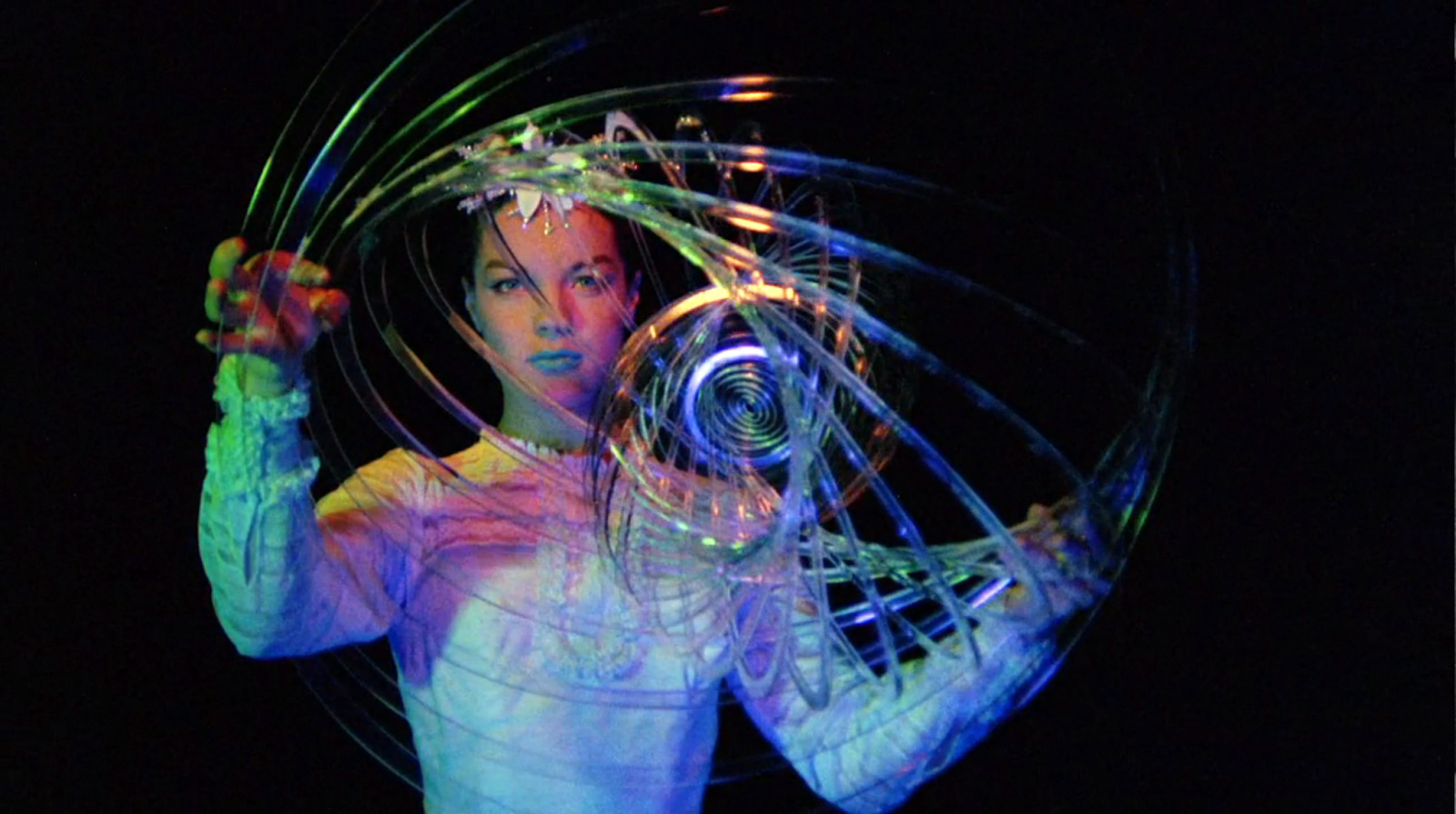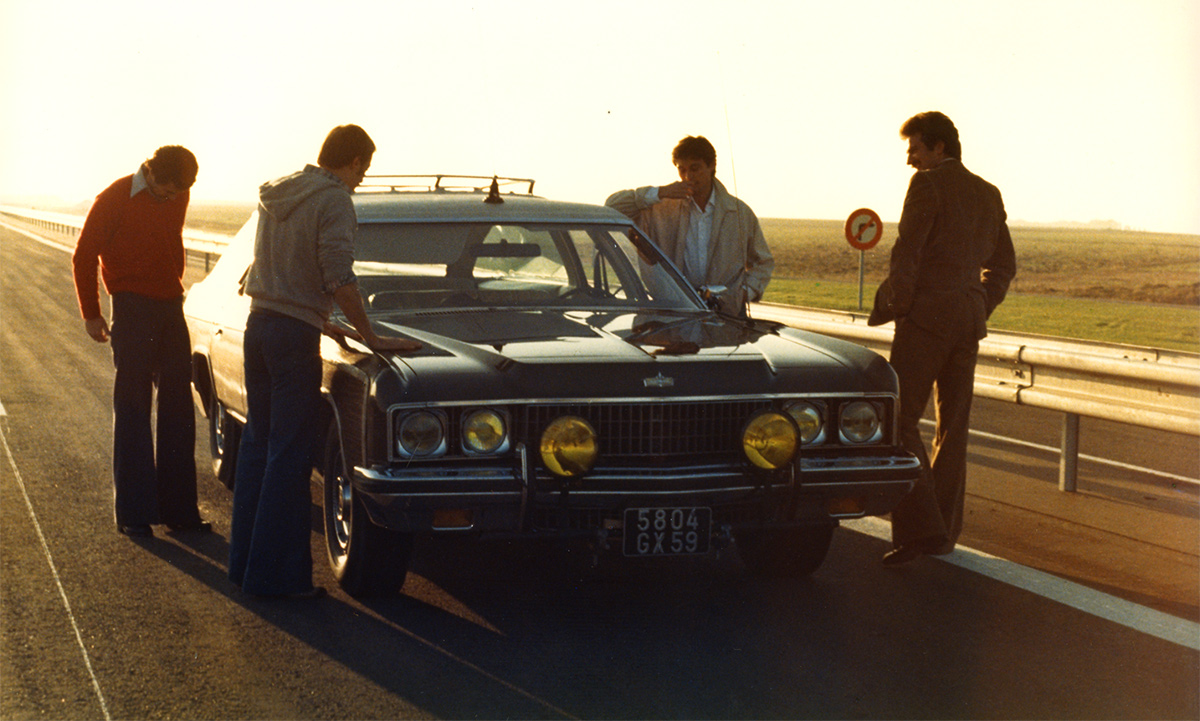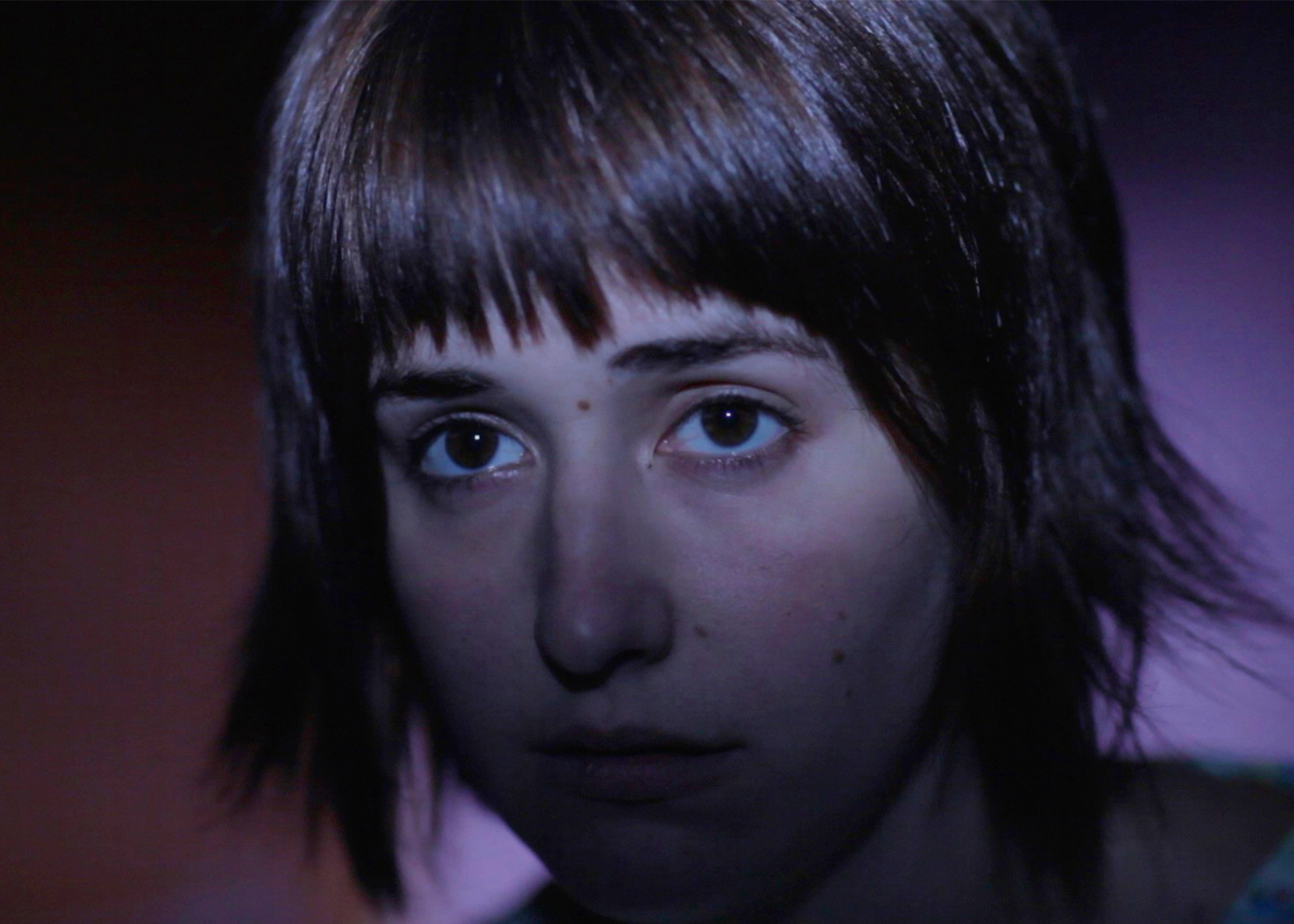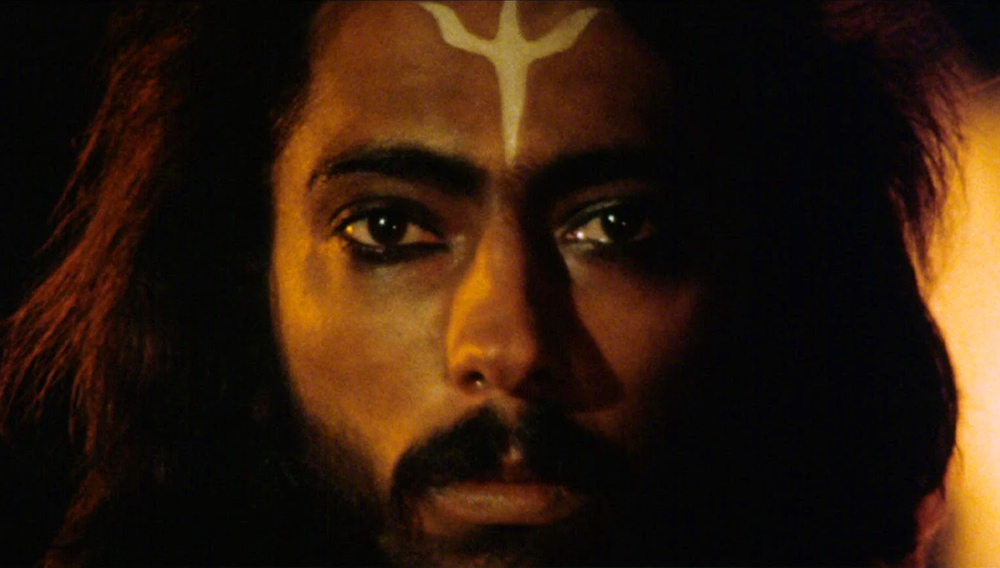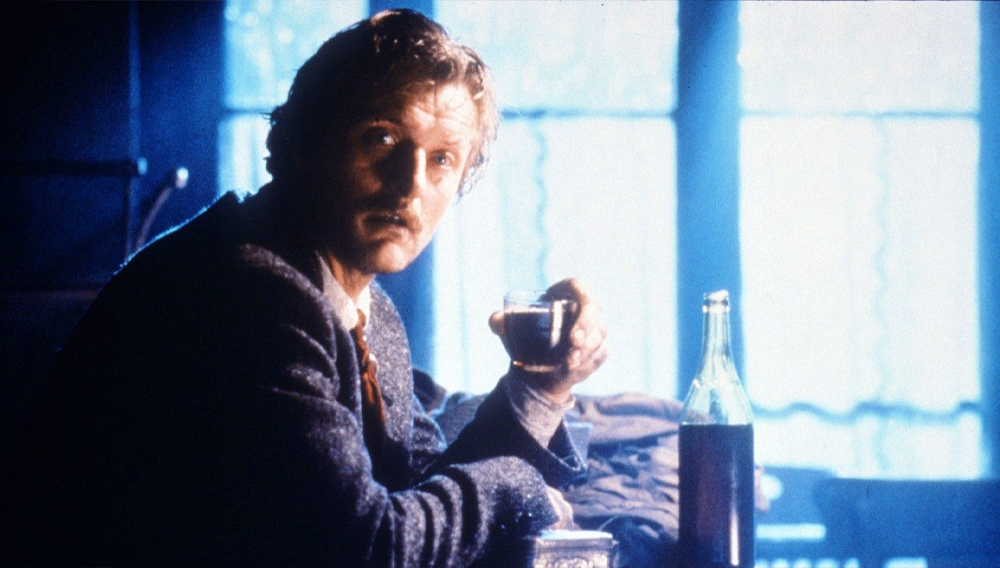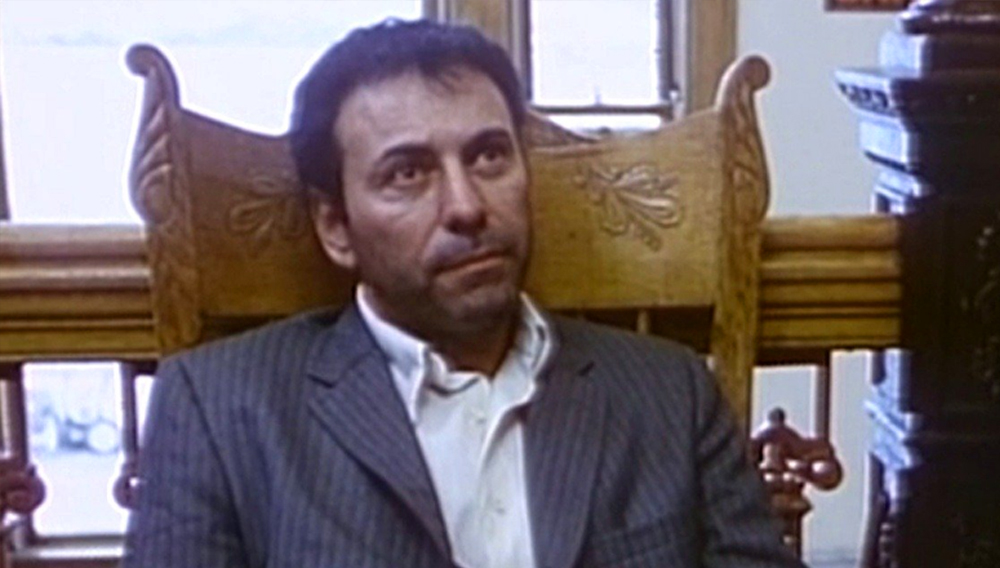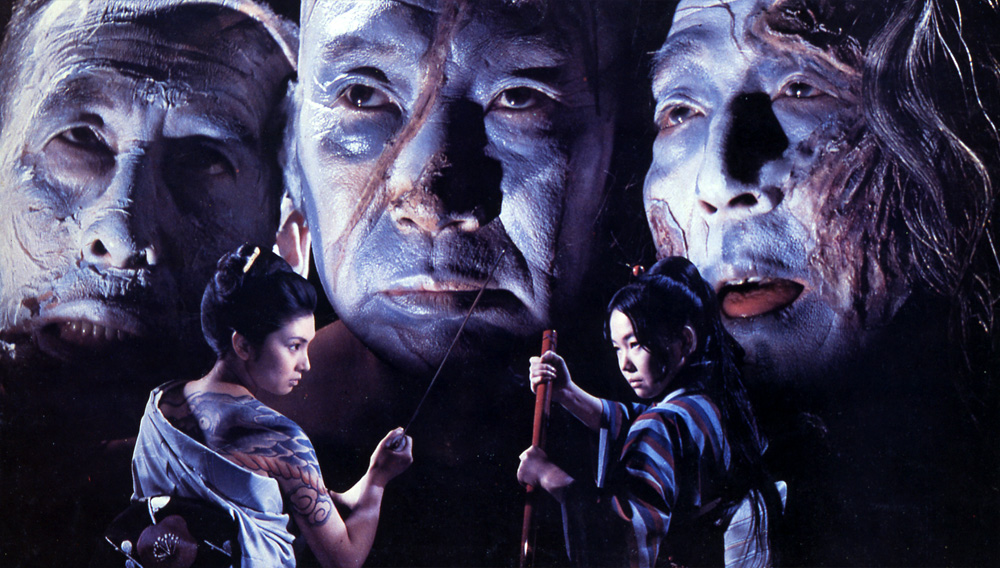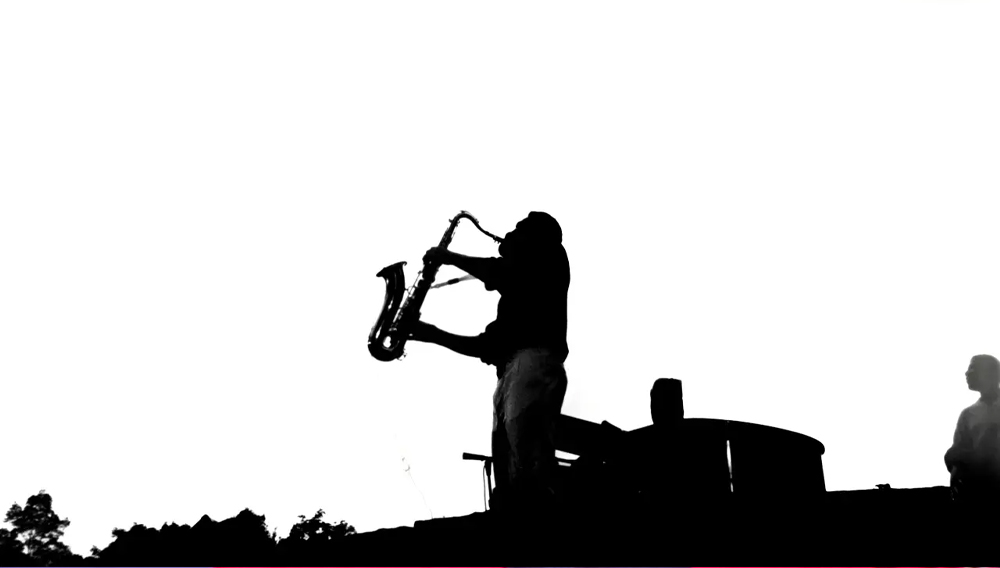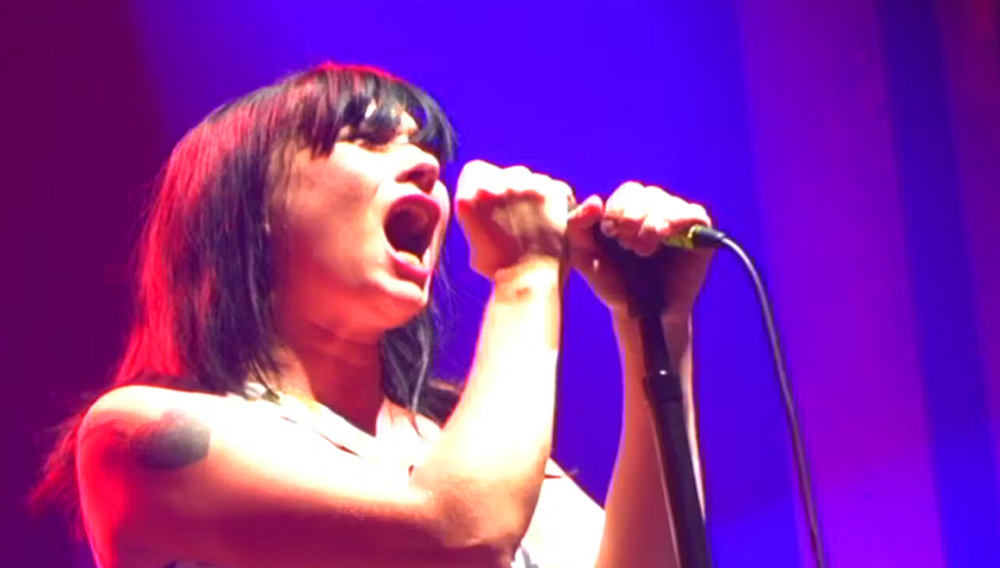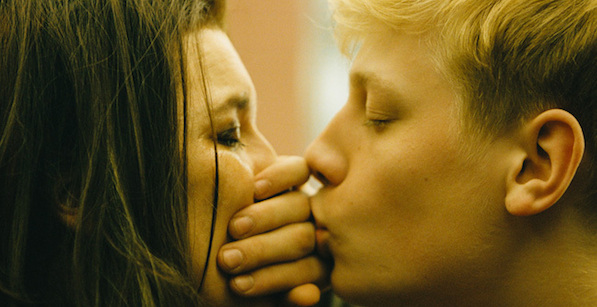
Those who follow festival coverage closely have been feeling it in their bones for a while now: 2014 was an exciting year for “foreign” film. Many non-English-language titles made it to the top of Best lists, and were praised for their vision, importance, energy, creativity and the ability to deal with unspeakably difficult subjects. The only thing they needed to secure higher profile among mainstream audiences was that Oscar nod. Now that the shortlist is officially out, we see that a few underdogs made it in; a few frontrunners were left out in the cold. The masterful Dardennes, explosive young prodigy Xavier Dolan and existential analyst Nuri Bilge Ceylan had to make room for surprise entries—Georgian, Estonian and Venezuelan. One can only guess which titles were selected by the Phase I Academy voters and which were hand-picked by Mark Johnson’s “saves” team. The films listed below are my own subjective “the best seen-in-the cinema—the way it’s supposed to be watched—foreign films” list, intended to bow before the foreign gems whose award journey is now officially over and a give a discreet boost to deserving players who are still in the game.
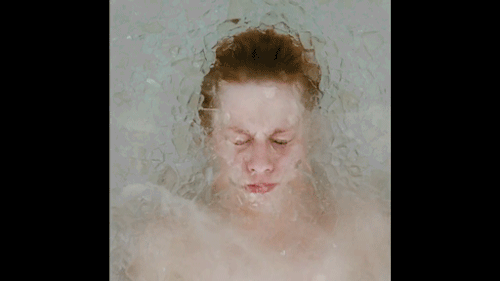
Canada: Mommy (dir. Xavier Dolan) (not nominated)
After the Cannes 2014 inaugural screening of Mommy, Jessica Chastain felt pretty much like everyone else. She was bursting with the overpowering urge to share her enthusiasm for the film and join the social media gush that began soon after the film’s premiere. A couple of months after taking to Twitter she was announced as the next female lead in an unnamed next project of Dolan’s. No wonder Mommy makes actresses queue up. At twenty-five, the now-grown Canadian wunderkind Dolan proves he understands that femininity has many more shades than “grey.” While perfecting the trademark sensual visual side of his craft, he has not lost a bit of the youthful, eager and tireless emotional explorer. Mommy is a thunderstorm of neon emotions and a transformative experience—bold and colorful but by no means superficial. The truth of its onscreen mother-son relationship, beautifully captured by Anne Dorval and Antoine-Olivier Pilon, is painstakingly intense, piercingly accurate and observed by a tender, vulnerable but mature gaze.
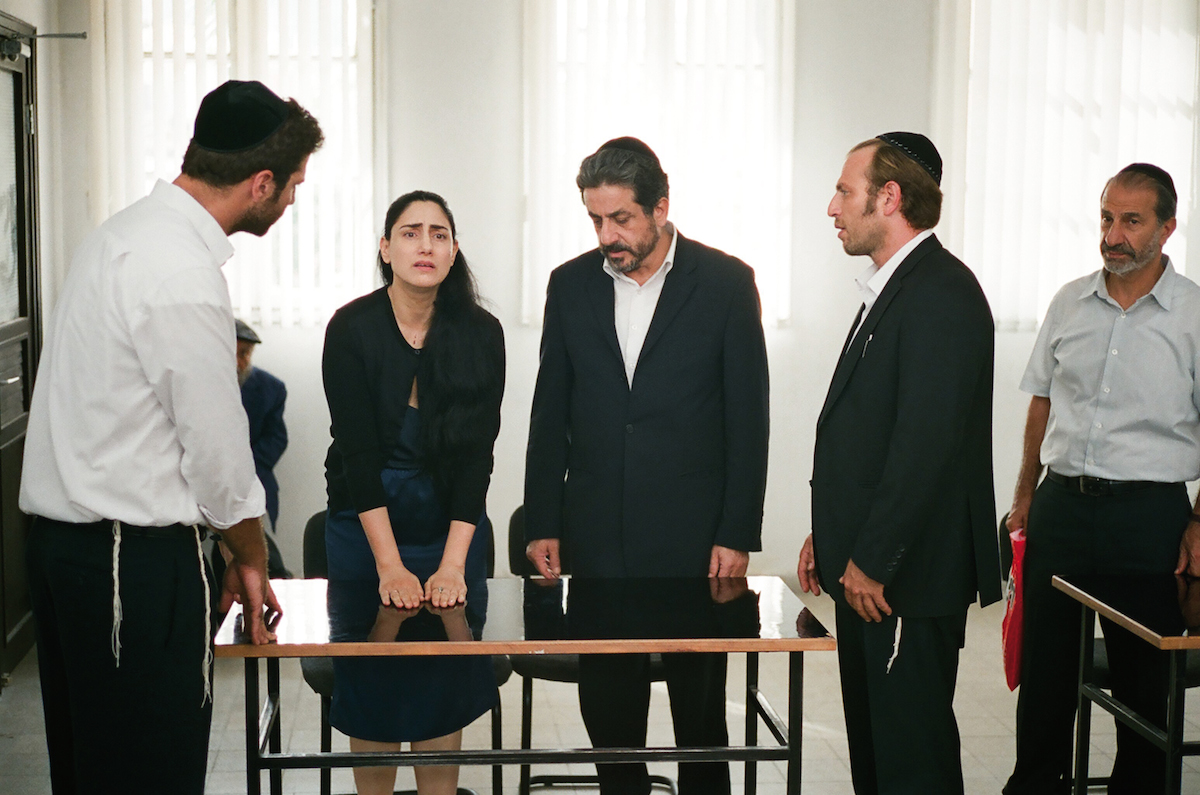
Israel: Gett: The Trial of Viviane Amsalem (dirs. Ronit Elkabetz and Shlomi Elkabetz) (not nominated)
Some might describe Gett as this year’s equivalent of Asghar Farhadi’s A Separation. An almost two-hour-long study of a divorce procedures in contemporary Israel, brother and sister Elkabetz’s film is as clean and modest as it is captivating. Set entirely within the courtroom and waiting rooms of the rabbinical court, it follows Viviane Amsalem’s struggle for her husband’s mercy—she fights to get a “gett,” a divorce document granted to an ex wife by her former husband, declaring her free and “permitted to all men.” The plot is linearly built, dragging us through the proceedings, the unreliable “witnesses” blabbering and the rhetorical clashes between the court and the plaintiff. But with time it becomes almost an ontological debate about the nature of marriage and how the wheels of justice with regard to the institution turn painstakingly, infuriatingly slowly.
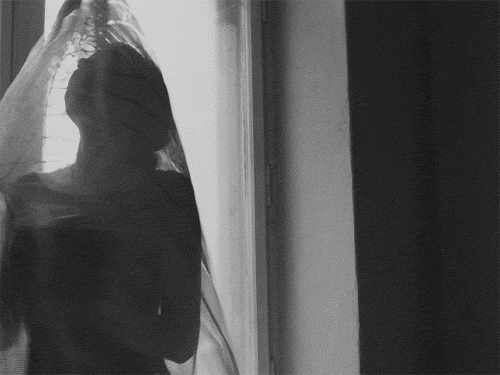
Poland: Ida (dir. Pawel Pawlikowski) (shortlist)
At this point Ida, set in the Polish 1960s, a story of a Catholic nun-to-be discovering her Jewish past, seems to be the frontrunner of the 2015 Foreign Oscar category, having swiped most of the awards to date, both in the U.S. and overseas. For many years Polish film connoisseurs were longing for success at least comparable to the glorious times of its film-school sixties, and with Ida they got more than they wished for. Pawlikowski’s entry is not only critically praised but also claimed the prestigious number one spot on the “highest grossing Polish film at the U.S. box office” list, leaving the likes of Agnieszka Holland, Andrzej Wajda and Jerzy Skolimowski behind. Ida has a beautiful, calm, classic charm with its 4:3 aspect ratio and sleek, thoughtful black-and-white cinematography; but it is also quietly revolutionary and modern, especially in its approach to the characters. There is a beautiful dynamic between Ida and Wanda (Trzebuchowska and Kulesza’s acting is truly outstanding). Same blood, different stories, clashing priorities and attitudes. But Ida’s light brightens Wanda’s darkness and the Aunt’s bluntness scars Ida’s naiveté. They’re like missing pieces of a puzzle, not only because of their newly found family ties. Ida, from a certain perspective, is an unusual, wisely and economically told coming-of-age story; an unbiased, depoliticized and relatable portrayal of in fact a very particular, local, politically and religiously involved, yet universal subject matter. Pawlikowski lets the silence speak; and it does, proving that less is sometimes not more, but everything.
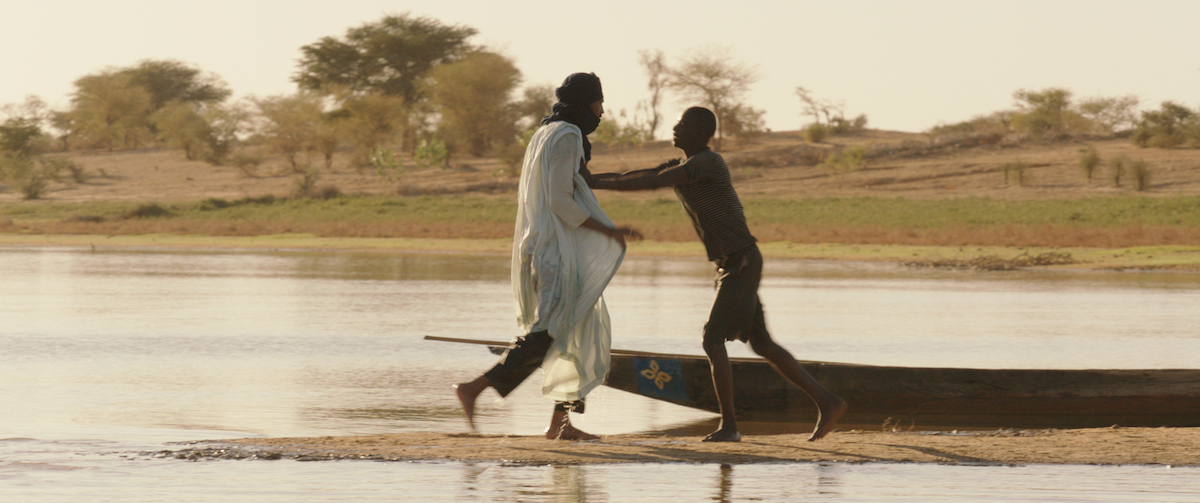
Mauritania: Timbuktu (dir. Abderrahmane Sissako) (shortlist)
Abderrahmane Sissako’s modest Timbuktu became one of Cannes 2014’s most surprising cinematic experiences. Besides its indisputable artistic qualities, it was a meta-commentary on a controversial topic: sharia law. Timbuktu focuses on the patterns of everyday life as they’re being drastically influenced by an abstract concept of what is right and what isn’t. But despite choosing plotlines that are heart-wrenching, Sissako never succumbs to pathos and retains a humanist approach that welcomes distance and rays of humor into this grim universe. Painting his characters as multidimensional human beings, not illustrations of opposing takes on life, he also manages to weave the beauty of local culture into the plot. His directing is sensitive and careful for the most part, impressively intuitive, effortless. There is a slightly looser control over the second part of it, but the performances (especially first-time actor and musician Ibrahim Ahmed as the lead) remain believable and touching.

Sweden: Force Majeure (dir. Ruben Östlund) (shortlist)
I can still recall the bursting in my veins after seeing Force Majeure earlier this year in Cannes (and I felt the same excitement re-watching it couple of months later at TIFF!). Östlund takes on the values of his privileged, “must-be-happy” protagonists—and, without losing gravitas and perceptiveness, turns out a funny, entertaining and precisely executed spectacle on the clash between natural instincts and cultural expectations. Technically Force Majeure doesn’t juggle much content: the root of the conflict seems rather basic, and the plot development also follows the traditional step-by-step trail. But the execution is fresh and inventive, from its casting through to its script (those multi-couple dialogues!) enforced by flawless camerawork and editing. There is a complex psychological depth underpinning every gag and seemingly superficial situation. No on-screen confrontation is accidental and all of them masterfully timed. Some of the protagonists’ tears might be fake but what the director Ruben Östlund serves up here is the harshest truth, neatly packed yet still hard to swallow. The film should be an obligatory lecture for film students, demonstrating how one can transform the most ordinary aspects of life into art.
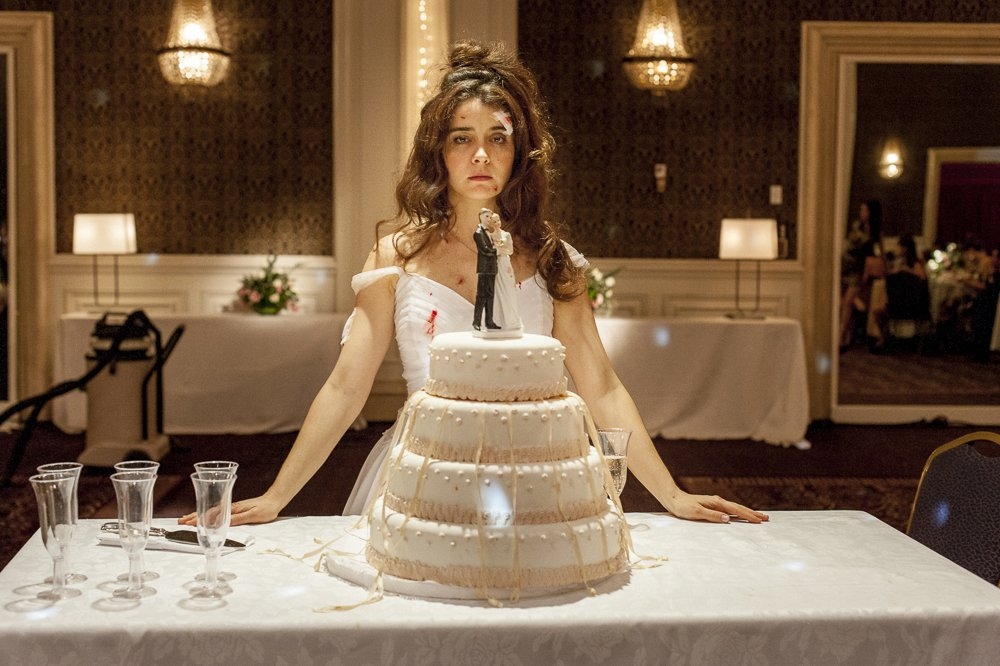
Argentina: Wild Tales (dir. Damián Szifrón) (shortlist)
The Pedro Almodóvar-produced Wild Tales also premiered in Cannes and was enthusiastically received as a sort of Midnight Madness equivalent in the main competition. Initially screened at 10 p.m., it brought the room to a level of much desired ecstasy after yet another day of hard work and scarce sleep. Argentinian director Damián Szifrón delivers an episodic, witty macabresque that’s deliciously improper and delightfully merciless in its attitude towards its characters. And he holds all five separate narratives in perfect check. Wild Tales delivers on its promise and is much wild fun.
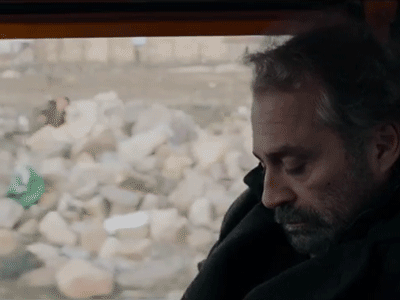
Turkey: Winter Sleep (dir. Nuri Bilge Ceylan) (not nominated)
Last year’s Palme d’Or and FIPRESCI Prize-winner is a film that critics appreciate though they may find it challenging to enjoy. Lasting more that average critic’s night sleep at a film festival, Ceylan’s latest piece is indeed majestically static, even consciously monotonous, but by no means boring. Its dramatic core is contrast: a man and a woman, power and powerlessness, open, vast space and a closed room confining a whole reality within its four walls. There is both the will for artistic perfection and the desire to break free and run. The calm winter landscape of Turkey’s Cappadocia creates a purposefully transparent backdrop for the imminent clash, becoming an invisible yet vital character. Dialogues (created by the director and his wife, Ebru Ceylan) resonate loudly and clearly thanks to the overbearing sound of silence. The film’s modest set design feels theatrical/stagey in the best of ways, where, much like in one of Shakespeare’s plays, the conflict between main protagonists gradually swells until it bursts.
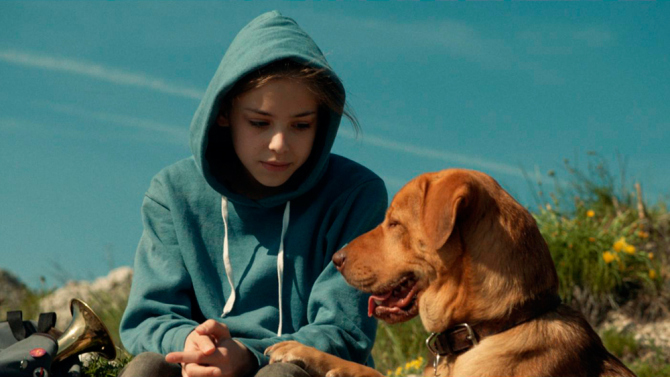
Hungary: White God (dir. Kornél Mundruczó) (not nominated)
The 2014 Un Certain Regard prize winner at Cannes at first glance seems like an hermetic arthouse proposition. But Mundruczó delivers one of the most gripping films of the year. Hagen, the four-legged hero of the film, is in no way related with all Totos, Marleys and Lassies of pop culture history: he’s a Mad Max on his quest for justice—and vengeance. The swift action does not take away from a spot-on social message. Unlike Stray Dogs, this film has plenty of canine protagonists—and the metaphor of race dominance, rebellion and social stratification is delivered loud and clear through them. The God of this film might have a dog’s muzzle, but in the light of current political turmoil in Hungary—and throughout Europe—it becomes a compelling and persuasive, unsettling political metaphor.
The full list of films advancing in the Oscar race is as follows:
Argentina, Wild Tales, Damián Szifrón, director
Estonia, Tangerines, Zaza Urushadze, director
Georgia, Corn Island, George Ovashvili, director
Mauritania, Timbuktu, Abderrahmane Sissako, director
Netherlands, Accused, Paula van der Oest, director
Poland, Ida, Paweł Pawlikowski, director
Russia, Leviathan, Andrey Zvyagintsev, director
Sweden, Force Majeure, Ruben Östlund, director
Venezuela, The Liberator, Alberto Arvelo, director
The committees will watch three films a day from Friday, January 9, through Sunday, January 11, and then cast their ballots for the final five. The 87th Academy Awards nominations will be announced on Thursday, January 15, 2015. The ceremony will be held on Sunday, February 22, 2015.

